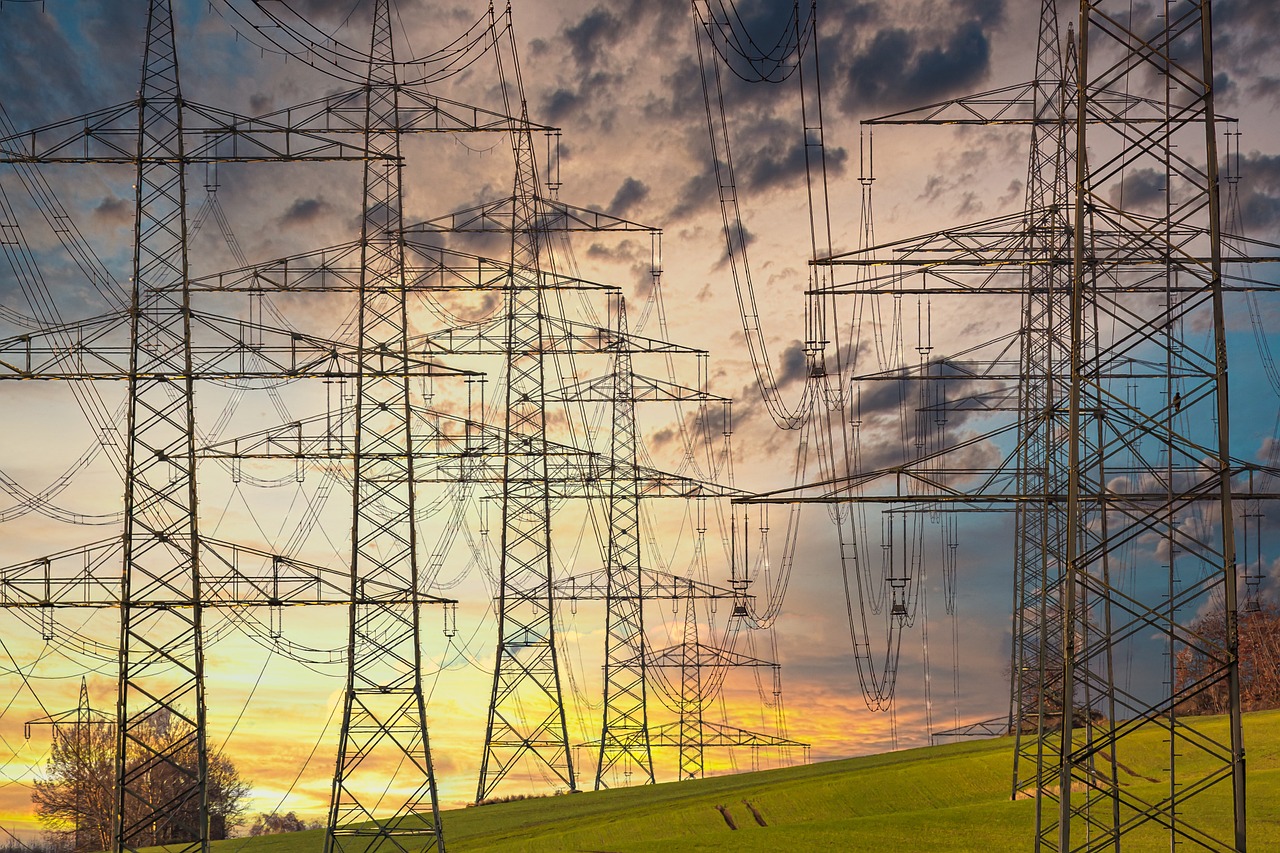The Association and the Renewable Energy Association turned to the minister of climate and the minister of economic affairs and communications with a proposal to create a high-level and broad-based steering group under the government, which, with the support of national decisions and the activities of energy producers, would bring economic growth, jobs, innovation and investments amounting to billions of euros to the Estonian economy.
According to Aavo Karmas, chairman of the board of the Association, the prerequisite for a prosperous economy is an energy-intensive processing industry, a condition of which, in turn, is the rapid growth of domestic clean energy production.
“Estonia will not break out of the current level of prosperity without a sharp increase in electricity production — there is a correlation between the energy consumption of the processing industry and prosperity. The added value of a prosperous economy is largely created by robots, computers and computer parks, and machines that require industrial amounts of electrical energy,” Karmas said.
An idea of the potential of the energy-intensive industry is given by a recent analysis of the joint agency of Enterprise Estonia and Kredex, according to which 13 energy-intensive, future-proof foreign investments with a total volume of 4.968 billion euros, with a labor requirement of 2,890 jobs, which is 0.4 percent of Estonian employment, and with an annual electricity requirement of 5.8 terawatt-hours (TWh), which makes up 73 percent of the current electricity consumption in Estonia, are waiting to come to Estonia.
“The rapid development of the processing industry in Estonia with the support of clean and domestic energy does not come easily. It requires cooperation, overcoming existing challenges and pooling resources. As a result of the cooperation between the government and energy producers, it will be possible to reach a result faster in order to ensure the competitiveness of the Estonian processing industry and opportunities for new investments,” Mihkel Annus, member of the board of the Renewable Energy Association, said.
Accordingly, the proposal of the business associations is to form a high-level steering group consisting of representatives of competent authorities and business organizations and energy producers as soon as possible, the mandate of which would be to give its support to the establishment of the next generation processing industry, where the added value created would support all important goals of the Estonian state, from economic well-being and security to the fulfillment of climate goals.
When making the proposal, the unions have also consulted the Estonian Chamber of Commerce and Industry, which supports the proposal.
“We consider it important to entice innovative industry with high added value to Estonia and to carry out coordinated and clearly targeted activities in this direction,” Mait Palts, director general of the Chamber of Commerce and Industry, said.
According to the business associations, the specific tasks of the steering group could be to develop an action plan, where the division of roles and responsibilities between state institutions, the contribution of private sector representatives and a plan for long-term cooperation are determined; participate in negotiations with specific industries in order to find suitable solutions that Estonia needs for the development of energy-intensive industry; to develop concrete and real investment projects, the added value of which will support the energy security, economic well-being and climate policy goals set by the Estonian state.

